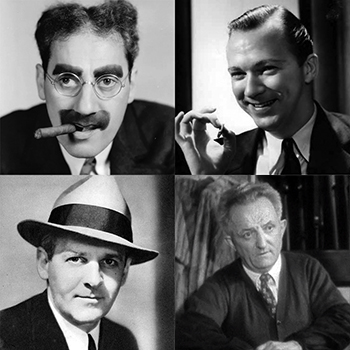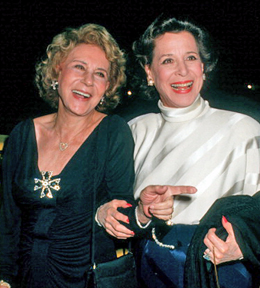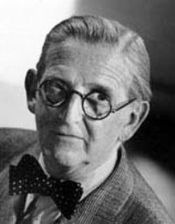The lovely Fay Wray was born 114 years ago today in Cardston, Alberta.
Here’s the story of our one personal encounter with Ms. Wray. She was a patron and paying member of Film Forum, a terrific repertory movie theatre here in NYC, and every now and then she would attend a screening there.
We were waiting in the lobby one evening when one of her movies was on the bill—it might have been King Kong, we can’t be sure—and as the credits rolled on the previous screening, we heard a round of applause from within the auditorium. That’s not unusual at Film Forum; old-movie fans often show their appreciation at the end of a picture they’ve enjoyed.
But perhaps thirty seconds later, there was another, more boisterous round of applause. Why would they be clapping again?, we wondered. But then it occurred to us that there was likely an actor in the house who was being introduced to the audience, and we guessed—correctly, as it turned out—that it must be Ms. Wray.
The funny thing was, no one else waiting in line in the lobby seemed to be paying attention to these rounds of applause. They were in pairs and threes and were chatting among themselves, so we were, seemingly, the only ones aware that Ms. Wray might be on the premises. And when she left the auditorium, we were the only ones who took any notice whatsoever of the elderly lady making her way through the lobby.
“Hello, Ms. Wray,” we said as she drew near, and she, still on an emotional high from the ovation she’d just received in the theatre, said, “God bless you!”
“God bless you, too, Ms. Wray,” we replied, and off she went.








